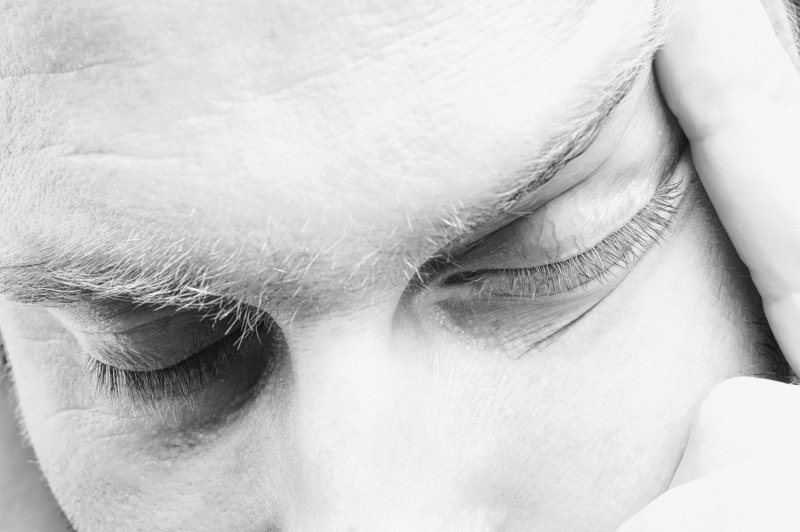SACO – The British scientist and writer C.P. Snow said in a now-famous lecture that Western society was split into two cultures — the sciences and the humanities — and this cultural split was a major hindrance to solving the world’s problems.
Health care in the United States is also split into two cultures — medical and behavioral — and that split is proving to be a major hindrance to solving the problem of health care integration. And it is a serious problem.
People with severe mental illness die, on average, 20 years earlier than the general population. In most cases their terminal illnesses are related not to their mental health issues, but to their physical health problems. People with mental illness are much more likely than the rest of us to die from heart disease, respiratory disease, cancer and diabetes.
Conversely, many people with acute physical problems, especially those who show up with great frequency in our hospitals’ emergency rooms, have injured themselves or made themselves physically ill because of their mental health or substance abuse issues.
MODERN RESEARCH
The idea that mind (mental health) and body (physical health) are separate entities has been promulgated in Western culture since the 17th century. But modern scientific research has demonstrated how deeply entwined the mind and body are, resulting in increased public awareness and ambitious state and federal efforts to implement a more holistic, integrated health care system.
It would appear that medical practitioners and mental health practitioners are natural partners. And we are, in theory. But in practice the situation is much more complicated. For decades we’ve hardly talked to one another, although we are all dealing with the same thing — human health.
To give just one example, some physicians simply do not want to deal with mentally ill patients, because they can be challenging — they may act out in waiting rooms, exhibit bizarre behaviors, abuse prescription medicines, miss appointments or refuse to comply (or not be mentally capable of complying) with medical instructions.
On the behavioral health side, therapists often feel like second-class citizens. Many distrust the “medical model,” which they feel is prescriptive, cold and mechanistic, rather than warm, personal and humane — values they advocate and practice.
Fortunately, my agency belongs to a mental health network (Maine Mental Health Partners) and a health care system (MaineHealth) that are committed to integrating physical and mental health, and that has instituted a number of initiatives to achieve this goal. A program already in place provides easy access to mental health services by placing therapists in the offices of primary care physicians.
We also are exploring the reverse approach: placing medical professionals in a mental health setting. This makes a lot of sense, as mentally ill people are often uncomfortable doing anything outside of their practiced routines, like going to see a doctor. In this scenario, they can be examined for physical problems in a place they feel safe and comfortable.
Unfortunately, even with this commitment, we’ve experienced our share of challenges. And what we’ve accomplished is far from the norm in the general health care world. As a state and a nation, we have a long way to go to reach what we can legitimately call “integrated health care.”
Recognizing this challenge, Maine, other states and the federal government are introducing new, innovative ways to integrate health care.
NEW INITIATIVE
Those of us in the behavioral health world are eagerly awaiting the introduction of Maine’s Behavioral Health Homes initiative, which will provide a range of coordinated services to high-frequency users with significant mental health and chronic physical health needs. The concept for this team approach began with the recognition that the integration of physical and behavioral health is a critical feature of a high-performing health care system.
This is an enlightened approach to coordinating total health care, and one that should realize significant cost savings while improving health outcomes.
If we were to dismantle our nation’s health care system and start from scratch, we would certainly do things a lot differently. But we obviously have to work with the system we have and change it incrementally. At the same time, we need to be innovative and we need to be bold.
Sometimes the common-sense approach is the best. If improved overall human health is our goal, then let’s treat medical care and mental health care as the natural partners they are and bring them together, where they belong.
Jeannine D. Lepitre is CEO of Counseling Services Inc. in Saco.
Send questions/comments to the editors.



Success. Please wait for the page to reload. If the page does not reload within 5 seconds, please refresh the page.
Enter your email and password to access comments.
Hi, to comment on stories you must . This profile is in addition to your subscription and website login.
Already have a commenting profile? .
Invalid username/password.
Please check your email to confirm and complete your registration.
Only subscribers are eligible to post comments. Please subscribe or login first for digital access. Here’s why.
Use the form below to reset your password. When you've submitted your account email, we will send an email with a reset code.